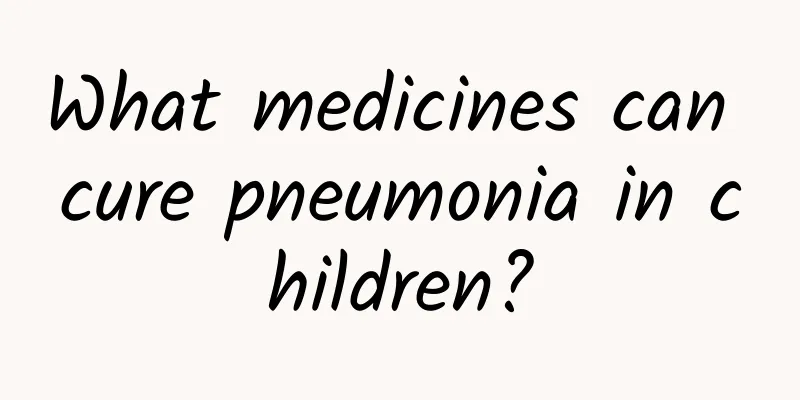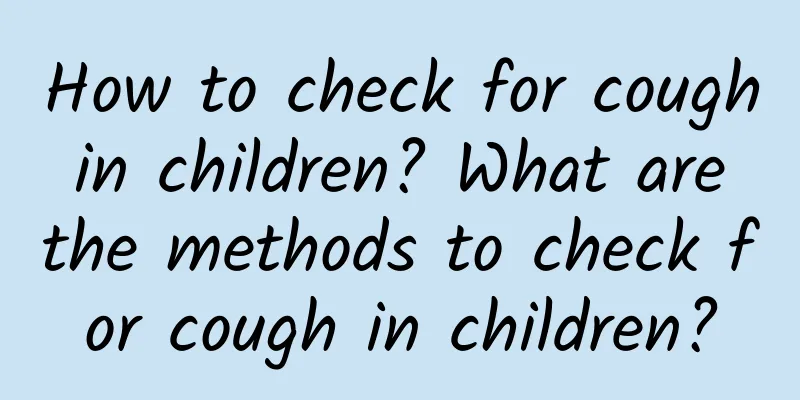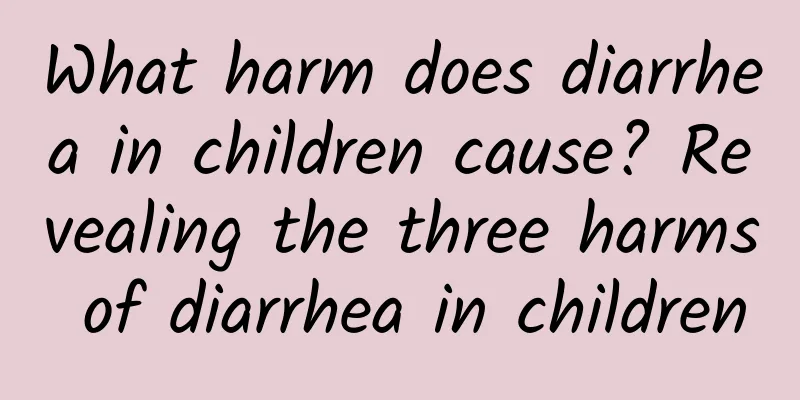Should I stop breastfeeding if my baby has jaundice?

|
Should I stop breastfeeding if my baby has jaundice? Generally speaking, if it is physiological jaundice, that is, normal jaundice, there is no need to stop breastfeeding. Some babies even develop jaundice because they do not drink enough breast milk. The mother did not start breastfeeding early or the number of times she breastfed the baby was too short. If the baby gets enough milk, it can help eliminate jaundice, and colostrum can help the baby pass meconium as soon as possible, reducing the occurrence of jaundice. However, some babies with jaundice need to stop breastfeeding because they suffer from breast milk jaundice. Breast milk jaundice often occurs 7-14 days after the baby is born. Because of the influence of a certain component in breast milk, a large amount of bilirubin in the baby's body is not absorbed, resulting in breast milk jaundice. If breast milk jaundice is severe, breastfeeding generally needs to be stopped for two or three days. After stopping breastfeeding, serum bilirubin can drop significantly within 48 hours. Breastfeeding can be resumed after the jaundice subsides. It is generally believed in the medical community that breastfed babies are more likely to develop jaundice. In fact, this is not the case. Studies have shown that compared with water and formula milk, breast milk can better help babies excrete excess bilirubin in their bodies. This is because breast milk promotes bowel movements and removes excess bilirubin through urine and feces. The medical belief that breastfeeding easily causes jaundice is actually more due to incorrect breastfeeding methods. Feeding at fixed times and separating mothers and babies will indeed cause many breastfed babies to suffer from jaundice, because the limited feeding time does not allow the baby to get enough calories. The appearance of this jaundice is not due to problems with breast milk, but to incorrect breastfeeding methods. How to control jaundice in children and make breastfeeding smoother1. Start breastfeeding as soon as possible. In the first few minutes after the baby is born, you can let the baby stick to you and let the nipple stimulate the baby's lips, so that the baby can naturally learn to lick and suck the nipple. Colostrum has high nutritional value, high calories, and sufficient water. It promotes the baby's bowel movements and helps the baby excrete excess bilirubin in the body. 2. Consult a doctor. Find out what type of jaundice your baby has. If your baby is healthy and jaundice is normal, don't worry. Just secrete more breast milk and feed it to your baby. Sometimes worrying can reduce breast milk secretion! 3. Pay attention to drowsy babies. Jaundice can sometimes make babies drowsy. At this time, the baby will not suck breast milk as vigorously as before, which can easily make the jaundice worse. At this time, you should pat the baby and keep switching breasts to keep the baby awake and suck more milk. 4. If your baby has severe jaundice and needs blue light therapy, you can continue to breastfeed your baby unless the doctor does not allow it, usually because the baby has breast milk jaundice. If the doctor suspects that your baby has breast milk jaundice, you will usually be asked to stop breastfeeding within 12-24 hours. If the baby's bilirubin drops quickly, it means that the doctor's diagnosis is correct. As long as the bilirubin is not very high, you can usually continue breastfeeding. But if the doctor notifies you to stop breastfeeding for a few days, you must remember to express breast milk every 3 hours until you can breastfeed your baby, otherwise your milk will become less and less! |
<<: How does baby jaundice occur? Five major causes of jaundice
>>: How to diagnose breast milk jaundice
Recommend
What are the common symptoms of polio?
Polio is a relatively common disease, and most of...
Does jaundice make the body sensitive to heat or cold?
There is no clear data or research to show whethe...
How butterfly lips are formed
The formation of butterfly lips is mainly related...
Physical activity helps children with ADHD
In fact, the treatment of ADHD in children requir...
What medicine should children take for respiratory tract infection and cough
Children with respiratory tract infection and cou...
How long can one live with polio?
The life expectancy of polio patients varies depe...
How to treat ADHD in children? What should be paid attention to in the diet of ADHD in children?
Attention deficit hyperactivity disorder in child...
Acute mumps symptoms in children
Typical symptoms of acute mumps in children inclu...
What foods should adults with hand, foot and mouth disease eat
Hand, foot and mouth disease in adults can be rel...
Is repeated infection of Mycoplasma pneumoniae in children serious?
Repeated infection with Mycoplasma pneumoniae in ...
What are the disadvantages of eating pumpkin? Will eating pumpkin cause allergies?
Pumpkin, which contains vitamins, is quite common...
How to relieve acute mumps in children
Acute mumps in children is an inflammation of the...
How many days does a child with pneumonia need intravenous drip?
Children with pneumonia generally require intrave...
What are the 8 dietary taboos for children's cough? What are the precautions for children's cough?
1. Avoid cold food. It is not advisable to drink ...
What is cholestatic jaundice?
What happens with cholestatic jaundice? Cholestat...









